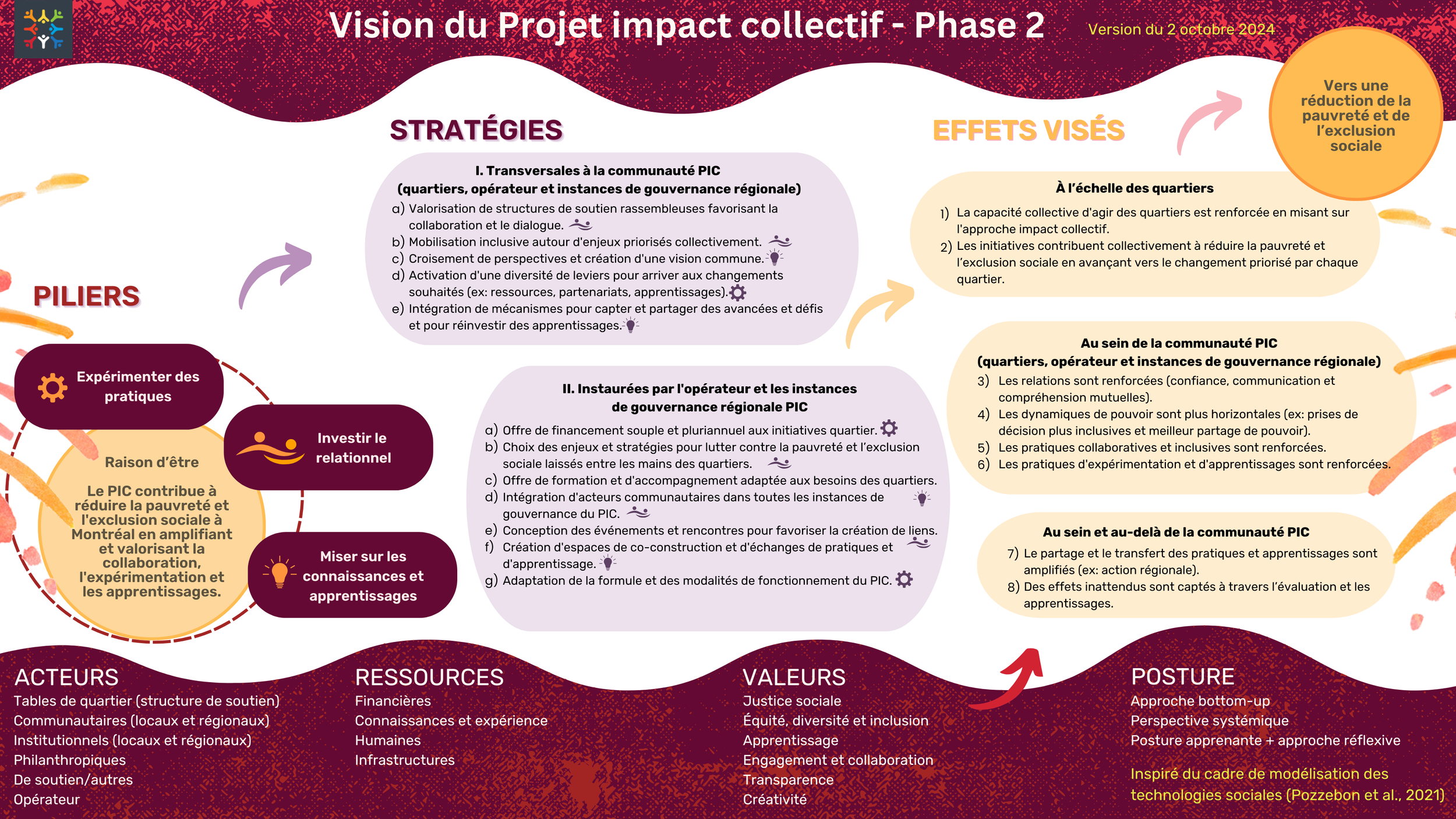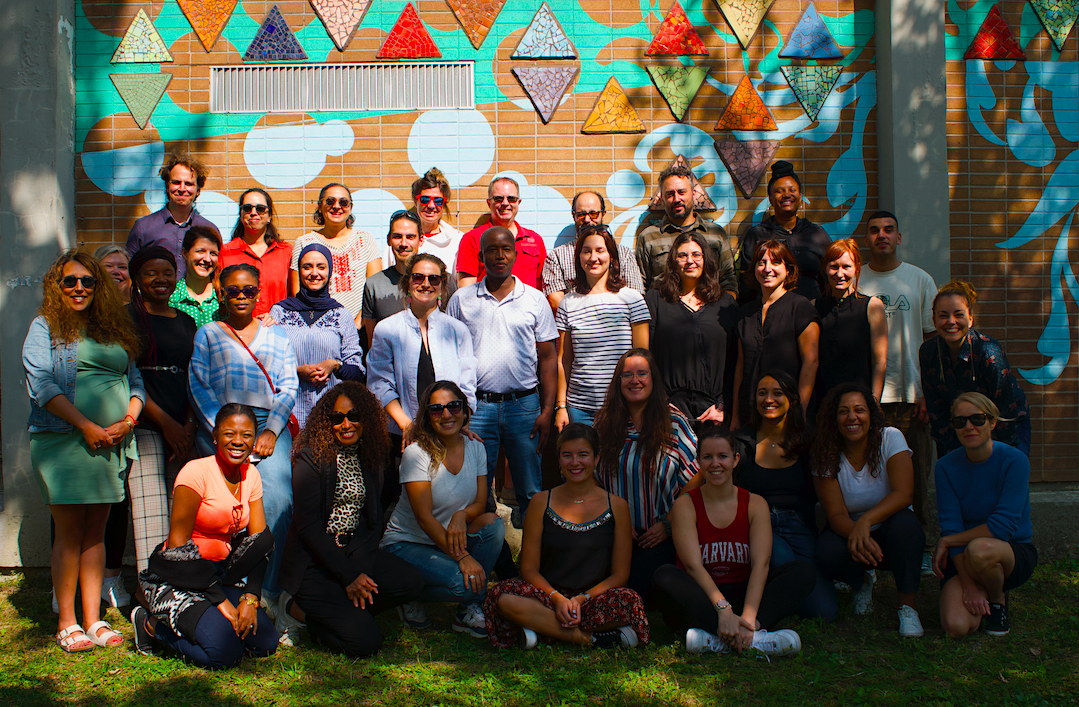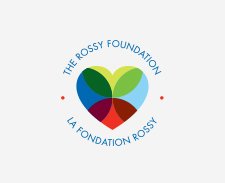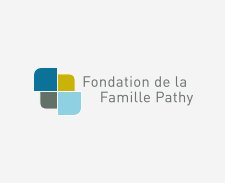About the CIP
An initiative that reflects Montreal’s neighbourhoods!
Credit: Valérie Paquette
CIP at a glance
What is the CIP:
Ten foundations committed to contributing $24.5 million to the project over five years
A shared goal of improving living conditions in all neighbourhoods and making lasting impacts on people.
A new model for collaboration between the community, philanthropic and institutional sectors.
An invitation for everyone to come together and experiment!
Neighbourhoods taking action to fight poverty and social exclusion.
The CIP is a living project that reflects Montreal.
It is also a way to reinvent funding methods and to work collectively on long-term initiatives for Montrealers that are local (for neighbourhoods) and regional (for the Island).
Discover the CIP’s history
The Collective Impact Project (CIP) was launched in 2015 in Montreal to strengthen collective action to combat poverty and social exclusion in the city's neighborhoods.
The first phase from 2015 to 2021 supported 17 neighbourhoods and was a time when many lessons were learned. The second phase from 2022 to 2027 is open to all Montreal neighbourhoods that have a neighbourhood roundtable.
The large number of collective initiatives deployed in Montreal is a very promising mechanism for broadening and deepening the impacts of collective action to fight poverty and social exclusion on a regional scale.
Our approach, posture and vision for phase 2 of the CIP :
All the partners involved in the PIC governance bodies mobilized between autumn 2023 and autumn 2024 to clarify what we wanted to achieve together through phase 2 and how we were going to go about it.
This process has enabled us to refine the objectives set out in the initial agreement for phase 2 of the CIP, and to complete the preliminary vision developed in the summer of 2022. It represents a collective commitment, involving a number of strategies and effects that concern both the work of field initiatives and that of governance bodies. It is an attempt "to overcome a lack of reciprocity often blamed on the philanthropic milieu, namely holding funded organizations accountable for achieving effects without committing itself to doing the same"(Heck, 2024: 6).
Finally, completing this vision at a time when the majority of neighborhoods were already well underway enabled us to "formulate strategies that correspond to the practices deployed or desired by the various partners involved in CIP. They represent an adaptation of the conditions for collective impact to the Montreal context. Moreover, the effects are also sufficiently broad and flexible to incorporate the diversity of practices and changes made at the different scales of the project, in a bottom-up logic"(Heck, 2024: 6).
Meet the team
-
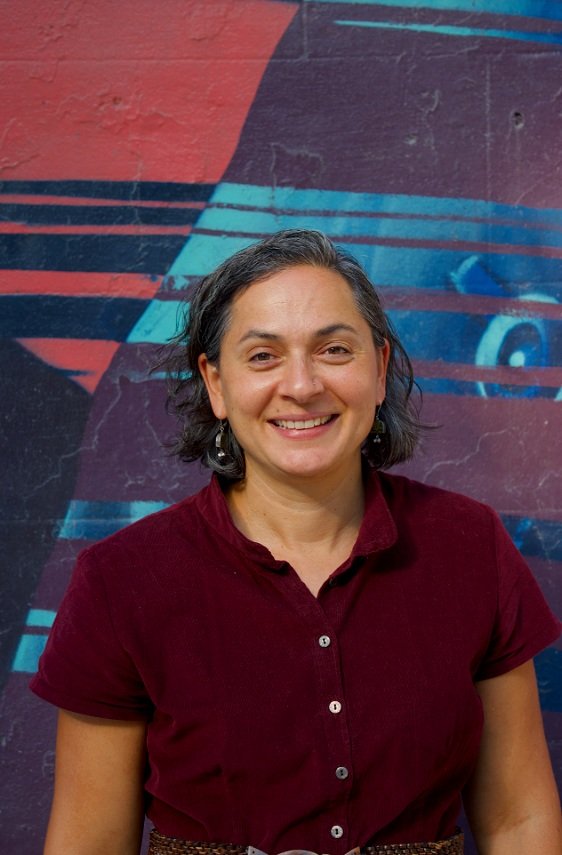
Rotem Ayalon
DIRECTOR
COLLECTIVE IMPACT PROJECT -
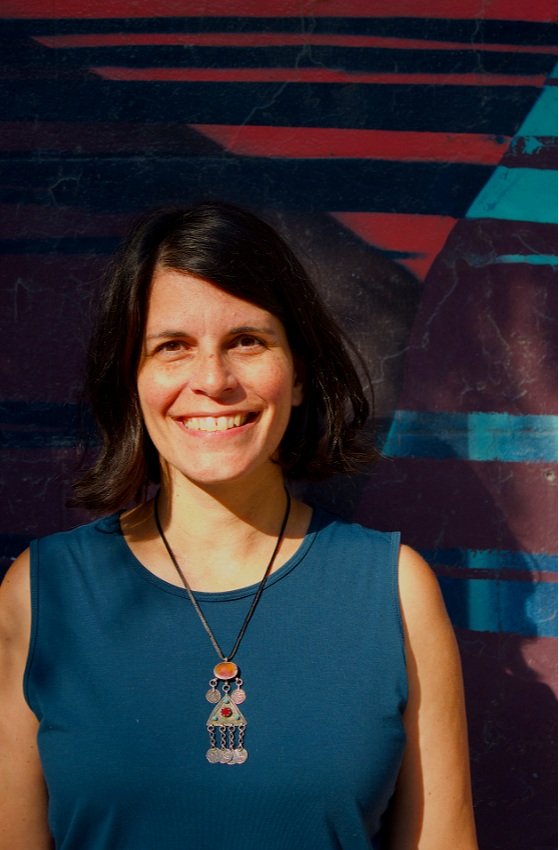
Isabel Heck
HEAD OF KNOWLEDGE AND LEARNING
-
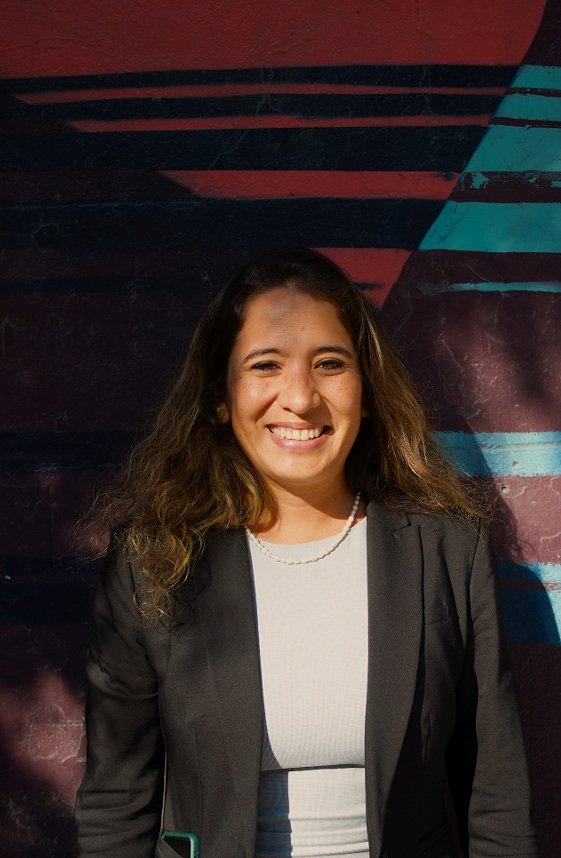
Claudia Santillana
STRATEGIC PARTNERSHIP ADVISOR
-
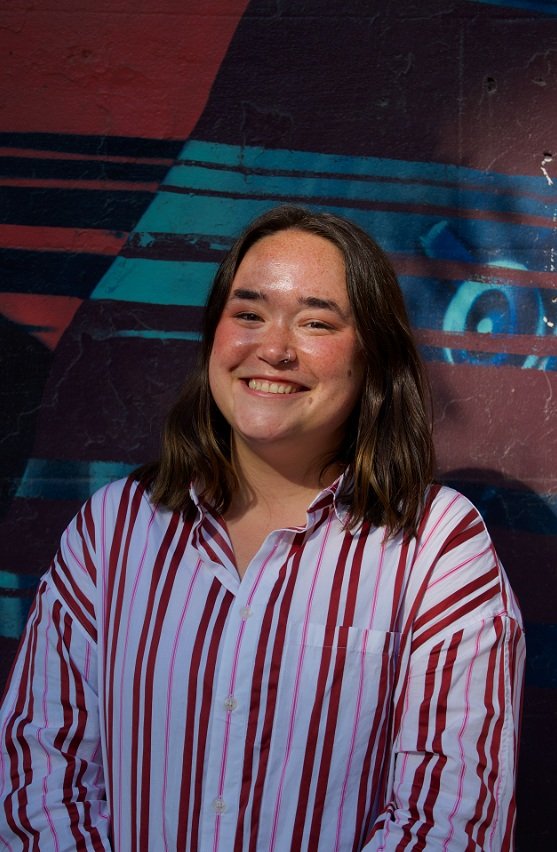
Laurence Proulx
COMMUNICATIONS AND EVENTS OFFICER
The Collective Impact Project can count on the unfailing support of the Centraide of Greater Montreal teams, in particular our colleagues in the Social Development Department, to support its actions and, above all, the neighbourhoods in their collective impact initiatives.
Thank you!
The CIP thanks all of its partners!
Operator
Philanthropic Partners:
Community partner:
Institutional partners:
Questions about PIC?
Is your neighbourhood not yet part of the CIP? Do you have initiatives you want to implement for the project? Is your neighbourhood already part of the CIP and you want to get involved?





